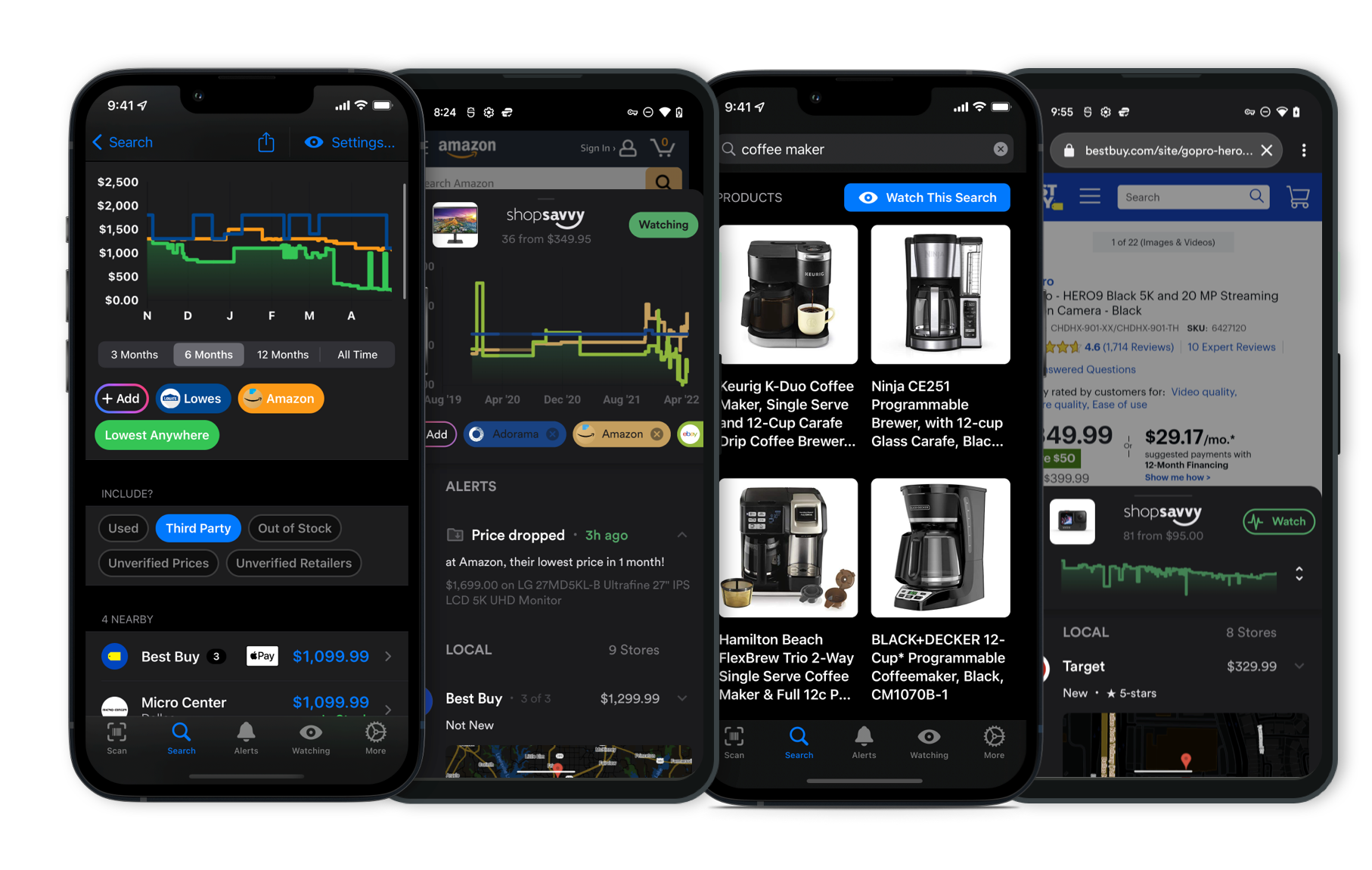How sensitive is the Natural Light 48-watt Solar Attic Fan to shade or clouds?

The Natural Light 48-watt Solar Attic Fan really relies on direct sunlight to run well. According to the manufacturer's product details, the fan gets its power from a 48-watt solar panel, which means it mostly works when the sun's out.
From what we've found, shade or cloudy weather can have a big impact on how well it works. So, if the solar panel is even partly shaded or the skies are overcast, it might not work at its best. And once the sun goes down, it stops completely since there's no backup battery.
It's worth considering this dependency on sunlight, especially if you live in a place with lots of cloud cover or if you need ventilation around the clock. Some folks have mentioned they wish it had a backup power option for cloudy days or nighttime, but that's not currently included.
If having constant ventilation is really important, you might want to look into adding an electric attic fan that runs on your home's electricity for more consistent performance.
For those who enjoy DIY projects or don't mind investing a bit more, some have set up their own backup power solutions. Just be cautious if you go down this route—it's a good idea to talk to a professional to make sure any changes are safe and won't void the warranty.
In short, while the Natural Light fan is a great eco-friendly choice for sunny days, its performance during cloudier periods is something to think about depending on what you need.
Considering the Solar Attic Fan 48W by Natural Light?
Here's our "TLDR" Review
 Download ShopSavvy App
Download ShopSavvy AppCompare prices for anything in real-time, set price alerts, watch for deals by keyword, and much more
 Install ShopSavvy Browser Extension
Install ShopSavvy Browser ExtensionCompare and track prices automatically while you shop online at thousands of websites.
More Answers
If you're still curious about the Solar Attic Fan 48W by Natural Light, here are some other answers you might find interesting:
If you're wondering about the noise level of the Natural Light 48-watt Solar Attic Fan, it's generally pretty quiet. Our research indicates that most folks find it operates with minimal noise, partly because of its DC motor.
It's designed to work best under full, direct sunlight since that's what powers the motor to help ventilate your attic effectively. The manufacturer does mention that it needs unimpeded sunlight for optimal performance, and our research backs that up.
Many people have noted that as long as the solar panel isn't blocked, it runs smoothly. However, keep in mind that cloud coverage or shade, like from trees, might slow it down or stop it, so where you place it can impact its efficiency and sound levels.
Since it's solar-powered, you won't get that loud hum typical of AC-powered fans. Many people appreciate how quietly it runs, which is nice if you're trying to avoid extra noise, especially on hot days.
One thing to note is that there's no backup power option, like plugging it into AC power or using a battery backup. So, if you're in an area with inconsistent sunlight, this could affect its operation. Still, people consistently mention its quietness when it does run.
On the plus side, it comes with a lifetime warranty, which several mentions in reviews suggest adds some peace of mind. It seems like a solid, quiet option for attic ventilation when the sun's out.
Just be sure to consider your specific setup, and maybe think about additional solutions for those less sunny days if continuous cooling is a must for you.
How sensitive is the Natural Light 48-watt Solar Attic Fan to shade or clouds?
The Natural Light 48-watt Solar Attic Fan really relies on direct sunlight to run well. According to the manufacturer's product details, the fan gets its power from a 48-watt solar panel, which means it mostly works when the sun's out.
From what we've found, shade or cloudy weather can have a big impact on how well it works. So, if the solar panel is even partly shaded or the skies are overcast, it might not work at its best. And once the sun goes down, it stops completely since there's no backup battery.
It's worth considering this dependency on sunlight, especially if you live in a place with lots of cloud cover or if you need ventilation around the clock. Some folks have mentioned they wish it had a backup power option for cloudy days or nighttime, but that's not currently included.
If having constant ventilation is really important, you might want to look into adding an electric attic fan that runs on your home's electricity for more consistent performance.
For those who enjoy DIY projects or don't mind investing a bit more, some have set up their own backup power solutions. Just be cautious if you go down this route—it's a good idea to talk to a professional to make sure any changes are safe and won't void the warranty.
In short, while the Natural Light fan is a great eco-friendly choice for sunny days, its performance during cloudier periods is something to think about depending on what you need.
The Natural Light 48-watt Solar Attic Fan is pretty well-known for effectively ventilating attics. It uses a 48-watt solar panel to power its motor and can move up to 1881 cubic feet of air per minute. According to the manufacturer's description, it's suitable for attics up to about 2825 square feet. This means that with good sunlight, it can do a decent job of helping keep the attic cooler.
One important thing to keep in mind is that the fan works best with direct, unobstructed sunlight. The more sun the panel gets, the better it will perform. Full sunlight allows it to efficiently push out hot air and moisture, which can help keep the temperature in check.
However, our research shows that the fan's performance can drop significantly if there are clouds, trees, or anything else blocking the light. Some folks have said that it doesn't work as well when it's not sunny, which might be a bit of a concern if you want it to work consistently.
In areas where the weather is often cloudy or changes a lot, this reliance on sunlight can be a downside. Plus, the fan doesn't have a backup power source, so it can't switch to using AC power when it's not getting enough sun. This could be tricky if you need it to run no matter what the weather is doing.
In short, while it’s an energy-efficient fan that's built well, how much it can cool really depends on your local weather and where you set it up. Making sure the solar panel has the best sun exposure is key to getting the most out of it, which could lead to some nice energy savings if you live in a sunny spot.
So, considering these aspects will help you figure out if this fan fits your needs.
Explore Content
Footer 1
Published
Subscribe for Updates
Get the latest news, and updates on ShopSavvy. You'll be glad you did!




